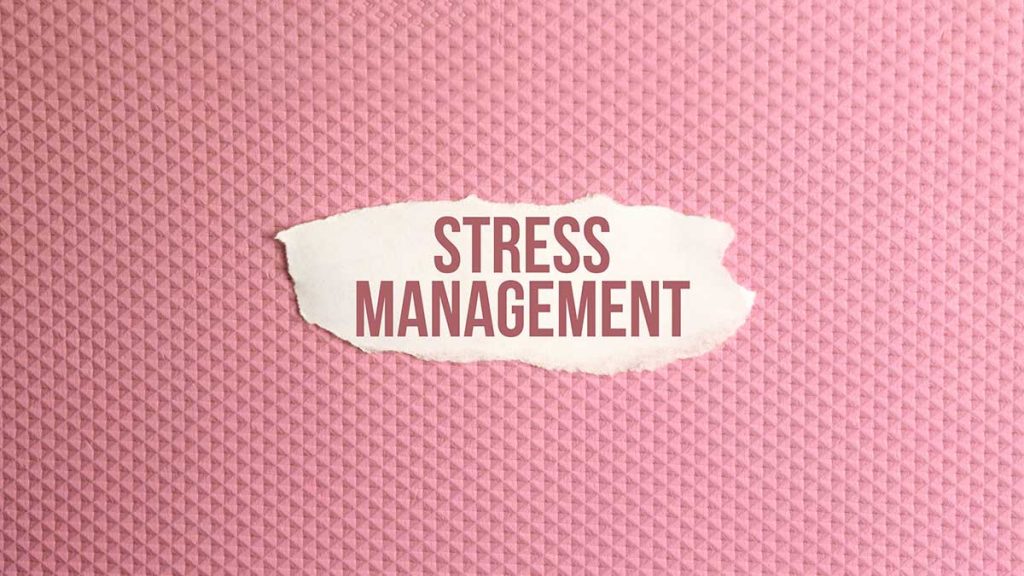Did you miss part 1, part 2, part 3, part 4, or part 5?
The human body is 70% water, and the human brain is 85% water. Research has shown that even being mildly dehydrated (3%) can decrease strength output by 20%. As you get more dehydrated, you can experience headaches, and if you were to suffer dehydration, you could experience seizures. So naturally, we can that when we have dehydrated, our bodies perceive that as stress, and indeed it is. It is no surprise then that cortisol will elevate during periods of dehydration. Many people live chronically dehydrated and thus chronically experience elevated cortisol levels. This is perhaps the most simple issue to address. Drink more water. See? Simple. But I know it’s not easy, and I will say this, almost no, just naturally gets enough water in. This takes intentionality, but it’s worth being intentional about. Now, everyone’s hydration needs are different. The sedentary office worker doesn’t need nearly as much as the construction worker working outside in the hot sun or the high school athlete attending two-a-day practices. A good rule of thumb for the average person is to get a minimum of 2 liters of water per day. This is very doable, but again, you will have to plan this. I suggest using a 20-30oz water bottle and drinking 4-5 of them daily.
Another thing to consider is that hydration is more than just water consumption, especially if you sweat a lot. We also need to replace key electrolytes, specifically sodium. Now, if you lead a sedentary, indoor lifestyle where sweating is a rare part of your life, you probably get enough electrolytes from your food. However, if you’re a manual laborer or an athlete, I would highly suggest you supplement your electrolytes. Here is the product I personally use myself and with my clients.
Now that we covered hydration, we need to talk about exercise. The benefits of exercise are almost too numerous to mention. At a high-level exercise can help increase muscle mass, bone, and tendon strength, manage weight, improve sleep, reduce symptoms of depression, lower blood pressure and cholesterol, improve memory and brain function, and many more benefits.
Now, while I think everyone should resistance train, don’t think that you have to have a gym membership or fancy equipment to exercise. Most people simply need to move more. Many people live largely sedentary lives getting fewer than 5k steps daily. Research shows that all-cause mortality begins to drop sharply for every 10k steps over 7k. To put it in perspective, someone walking slowly will average 700 steps every ten minutes. If you live a sedentary life, you could easily get to 7k steps daily with a 30-40 min walk. It should also be noted that this doesn’t need to be consecutive. You could break it up into four 10 min walks if you wanted. Research shows that walking for 10 min after a meal helps tremendously with digestion. Whatever your schedule looks like, you can absolutely fit 30-40 min of walking in. If you can resistance train in a gym 3-4 days a week, then great! It will help, but start with the basics and just move.
As we conclude, let’s talk about stress management. The fact is life is full of stress, and if you obsess over removing all stress, you will be worse off because that is an impossible task. Much has been written on stress management, so I won’t cover all the strategies. Instead, I will give you two simple tactics that I use with my clients with great success.
- First, you need a point in your day where you unplug from the constant barrage of sensory input. Turn off all electronics and disconnect. For 15-20 min do something relaxing. Read a book, take an Epsom salt bath, walk outside in nature, draw, or play music. Imagine what you liked to do for fun as a kid and do that. Do it for just 10-15 min a day.
- The second tactic is this—before bed, make a list of all the things that are causing you to worry and cause anxiety. It helps just to get it out. Use an actual pen or pencil and paper. Then, list all the things you are thankful for, and all the blessings in your life. You will quickly discover that putting your worries on paper helps you stop worrying and start solutioning. You’ll also find that you have far more blessings than troubles. Make this a regular part of your bedtime routine, and you will find your sleep quality drastically increases.
In the last installment, we will discuss nutritional interventions and supplementation strategies to manage stress.

